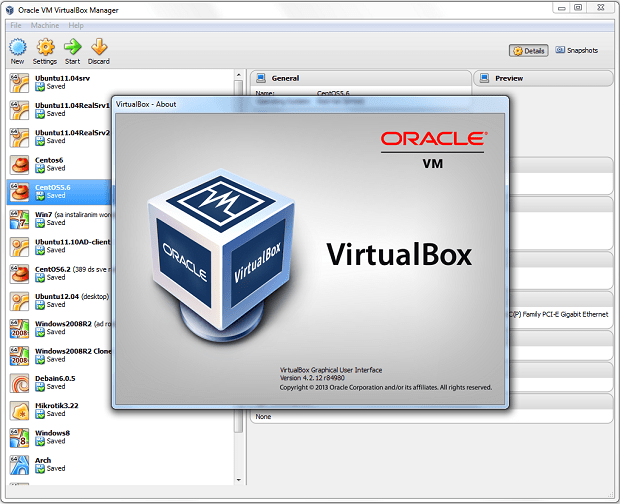


I tell it "Ok" then get the license screen. I pick the file "Oracle_VM_VirtualBox_Extension_Pack-5.0.4-102546.vbox-extpack" and click "Open." It then shows the dialog box describing the extension pack and asking me if I want to install it. I go to File/Preferences and then to "Extensions." (There is no "USB" choice on that menu unless I'm missing something somewhere - quite possible.) So under Extensions, I click the "Add New Package" button on the window, and it shows me the file system. What I did was start VirtualBox in Linux. Let me go over exactly what I'm doing, and maybe you can spot what I'm doing wrong here.

Can anyone point me in the right direction? mikea105 Posts: 5 Joined: 17. I've tried everything I can think of and have gotten nowhere. I've tried running the extension pack with VirtualBox running and with it completely shut down.

When I try to install the extension pack, I get the following error: Windows runs perfectly, (except for no USB access). I have installed the guest additions on a virtual CD drive, and everything seems to work perfectly. It says it is Oracle VM VirtualBox Extension Pack 5.0.4r102546. I verified that the version of the extension pack matches the version of VirtualBox. I've researched this and found that I apparently need to install the extension pack. I am using VirtualBox version 5.0.4r102546 I have managed to get VirtualBox working and installed a Windows 7 32 bit system which works very well except for one thing, which is the USB ports. VirtualBox is a community effort supported by a specialized company: everyone is encouraged to contribute, while Oracle ensures that products always meet professional quality standards.I am using Linux Mint 17.2 Rafaela 64 bit. VirtualBox is being actively developed and released frequently, and has a growing list of features, supported guest operating systems and operating platforms. VirtualBox is not only an extremely feature-rich, high-performance product for enterprise customers, but it is also the only professional solution that is provided free of charge as an open source software under the terms of the GNU General Public License (GPL) version 2.Ĭurrently, VirtualBox runs on Windows, Linux, Macintosh and Solaris hosts, and supports a large number of guest operating systems including but not limited to Windows (NT 4.0, 2000, XP, Server 2003, Vista, Windows 7, Windows 8, Windows 10) ), DOS/Windows 3.x, Linux (2.4, 2.6, 3.x and 4.x), Solaris and OpenSolaris, OS/2 and OpenBSD. VirtualBox is a powerful x86 and AMD64/Intel64 virtualization product, suitable for enterprise and home use.


 0 kommentar(er)
0 kommentar(er)
